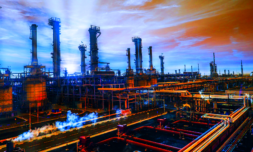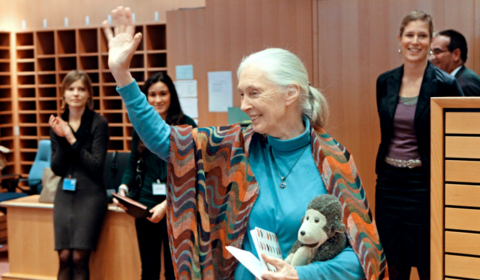As the world gathers to confront the climate crisis, summit president Sultan Al Jaber’s oil giant casts a shadow of doubt between fossil fuel interests and the imperative for sustainable climate action.
COP28 has seen its fair share of controversy – the vast majority of it surrounding Sultan Al Jaber.
The climate conference’s president this year, holds many titles ranging from UAE’s Special Envoy for Climate Change to the nation’s Minister of Industry and Advanced Technology.
However, one particular role of his has gathered quite an interest: Chair of the Abu Dhabi National Oil Company (ADNOC).
His role as president and chair has sparked controversy due to an undeniable conflict of interest. Sure enough, the BBC published a report that unveiled leaked briefing documents outlining purported intentions by the UAE.
These documents detailed alleged plans for ADNOC to pursue oil agreements with various countries during bilateral meetings at COP28.
Hence, these events foster the question: what exactly is ADNOC and why is it deemed such a contentious subject?
How ADNOC became a giant
The Middle East has long been a dominant force in global oil production, holding the world’s largest proven reserves and accounting for a significant portion of global output. In fact, as of 2021, the region accounted for 3% of the world’s total oil production.
ADNOC, centered in the UAE was established in 1971 to consolidate and manage the UAE’s oil and gas resources, laying the foundation for the company’s rise to prominence.
It is no hidden fact that the UAE has long thrived off the oil and gas industry, making the revenue from ADNOC a vital factor in the nation’s economic stability. In 2022, ADNOC’s revenue reached $2.67 billion, making it a key driver of the UAE’s GDP.
Today, ADNOC remains one of the world’s largest oil producers, and in 2021 churned out 3.8 million barrels of oil per day. The company’s production capacity is projected to increase to 5 million barrels per day by 2027.
As of 2023, ADNOC has a brand valuation of US$14.2 million which has seen a growth of 11% over the past year. Suffice to say, it’s Al Jaber’s primary interest.




















